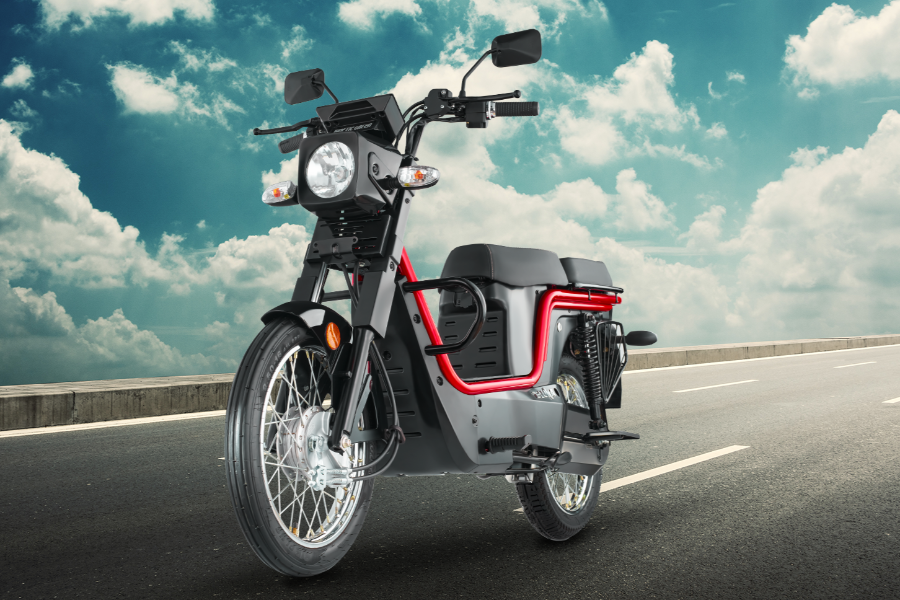Amidst the worldwide push for sustainability, Electric Vehicles (EVs) are leading the way towards cleaner transportation powered by renewable energy. Companies worldwide are switching to EVs to cut down pollution and reduce reliance on fossil fuels, setting the stage for a big change in how we get around.
In India, the electric vehicle revolution is in full swing. Companies are introducing various types of electric vehicles to the market, sparking a transformation across different industries:
- Last Mile Deliveries: Leading the charge towards sustainability, logistics and e-commerce companies are increasingly adopting electric vehicles (EVs) for their fleets. Electric trucks are becoming the go-to choice for last-mile delivery, offering lower operating costs and emitting zero emissions. Tresa Motors, in partnership with JFK Transporters, is pioneering this shift by introducing EV trucks for shipping and logistics, propelling India towards a cleaner future. Additionally, supply chain companies like Zevo are electrifying the entire agricultural supply chain network, including cold transportation, storage, and last-mile cold deliveries.
- Cab Services and Ride-Sharing: With the rising demand for cab services, companies are turning to EVs to reduce their carbon footprints. WTI Cabs and BluSmart are among those leading the charge, integrating electric vehicles into their fleets to provide sustainable travel options to their customers. This move not only meets sustainability goals but also enhances convenience and comfort for regular travellers.
- Bus Services: Electric buses are another big opportunity for making transportation greener. While there aren’t many electric buses in India yet, companies like NeoBus and EKA Mobility are starting to offer electric bus services for long-distance travel. This shift towards electric buses is a big step towards cleaner cities and a healthier planet.
- Eco-Tourism: Electric safari vehicles and tour buses are becoming popular in wildlife reserves and tourist destinations, offering visitors a sustainable way to explore natural habitats without disturbing the ecosystem.
- Agriculture: Electric tractors and farm equipment are emerging as sustainable alternatives to diesel-powered machinery, offering farmers cleaner and quieter operations while reducing dependency on fossil fuels.
By bringing electric vehicles into different parts of daily life, India is taking a big step towards a cleaner, more sustainable future. With everyone working together, both in the government and private sector, India can become a global leader in electric mobility, making the environment better for future generations.

